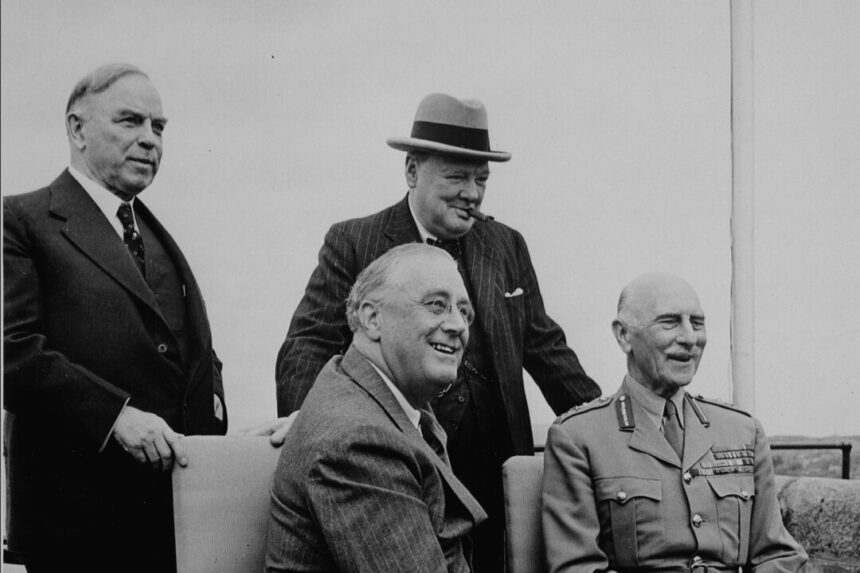Commentary
There is an ongoing debate in many Western countries regarding term limits for elected officials. These discussions are more common in non-parliamentary countries where the executive and legislative branches are separate, and representatives often retain their positions for multiple terms.
This springboard was crucial for the establishment of Canada as the world’s first and only transcontinental, bicultural, parliamentary Confederation. Among his contemporaries, only Macdonald had the ability to achieve this feat. His successors, Laurier and King, were also instrumental in guiding Canada through two world wars, emphasizing the importance of gaining the agreement of both English and French Canada on critical matters such as Canada’s involvement in the wars and avoiding coercive conscription.
While there were many French Canadian volunteers during these times, as a whole, they did not share the same level of attachment to France or Great Britain as English-speaking Canadians did to the United Kingdom. Macdonald, Laurier, and King were indispensable leaders who navigated Canada through numerous crises. They all had the experience of sitting in opposition, with Macdonald and King serving for eight years each, and Laurier for 17 years.
In contrast to the UK, where many prime ministers have served non-consecutive terms, it is understandable that there may be resentment towards seemingly permanent members of parliament. While there is an argument for rotating legislators, it may be essential for the head of government to remain in office to serve the country’s best interests.
In functioning democracies, leaders should not be term-limited, although there may be a case for rotating legislators. It is important to note that the absence of term limits can lead to awkward exits for even the greatest leaders, as seen with figures like Charles de Gaulle, Konrad Adenauer, and Margaret Thatcher. The retirement of leaders in good health is rare, with Dwight Eisenhower and Ronald Reagan being notable exceptions.
The opinions expressed in this article are solely those of the author and do not necessarily reflect the views of The Epoch Times.
Source link





